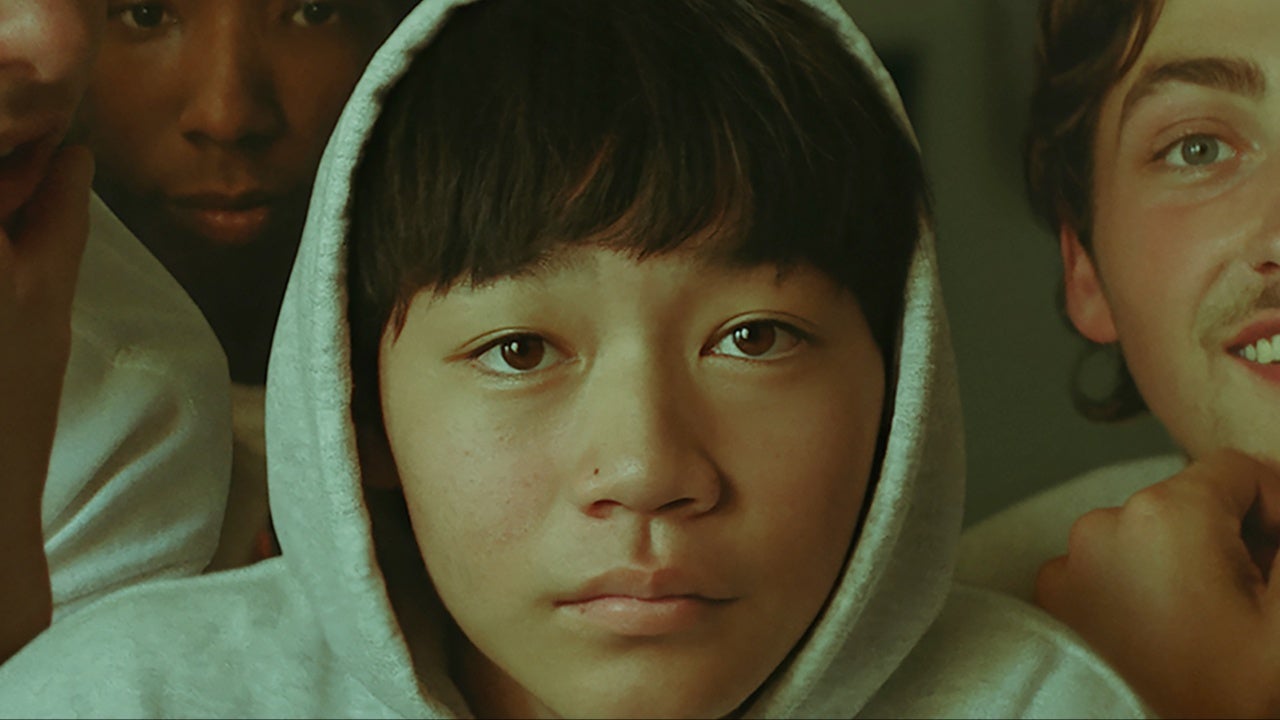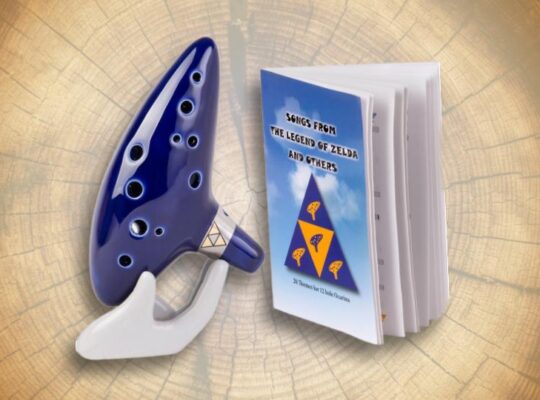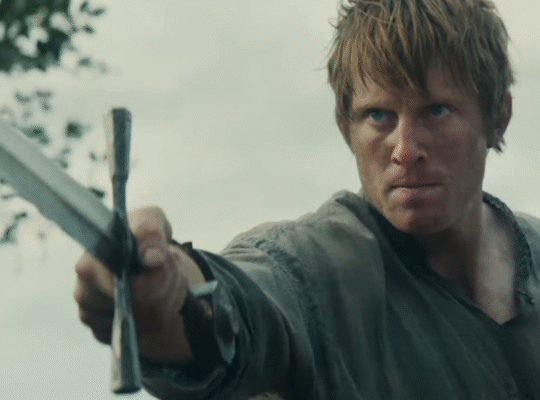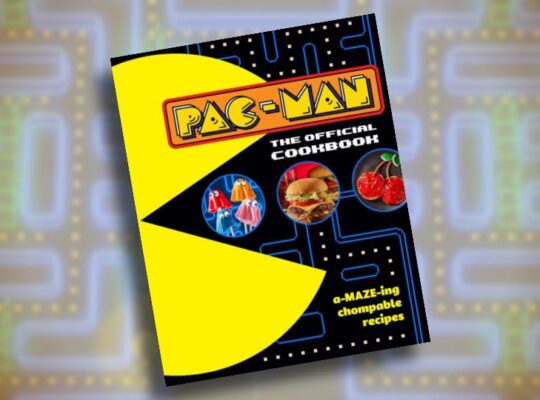Dìdi is now playing in theaters nationwide.
At first glance, Dìdi looks like a movie we’ve seen before: the sort of crowd-pleasing, coming-of-age drama that’s come to be associated with the Sundance Film Festival (where Dìdi won both the Audience and Dramatic Jury awards in 2024). On top of that, there’s the burgeoning subgenre of period pieces about growing up Asian American in the late 20th and early 21st century, with its own set of tropes and themes established by shows like Fresh off the Boat and Pen15 and movies like Minari: stories focused on names, being embarrassed about your parents, and feeling the need to be better than everyone else.
Much like the title character, however, Dìdi reveals itself to be more layered than expected. In his feature-length directorial debut, Sean Wang adds new complexities to the superficially familiar exploits of Chris (Izaac Wang), a Taiwanese American child of the 2000s living in Fremont, California. Dìdi is a movie that emulates the roiling mix of emotions and hormones that come with being a teenager. It’s often incredibly funny even if it’s a little obvious, hitting enough specificities that it doesn’t come across as totally generic.
Wang wastes no time dropping us right into the action, as we witness a group of boys blow up a neighbor’s mailbox and run away screaming, all shown in the shaky, lo-fi quality of a vintage YouTube upload. Chris, known to his mom as Dìdi and to his friends as Wang Wang, is the kid holding the camera. The details of his life ring a lot of bells for anyone on the Millennial/Gen Z border: It’s hard not to get a tinge of nostalgia when you see an AddictingGames.com tab open on a Windows XP tower desktop, after all. Wang crucially gets much of that era of internet-speak right, with all its misspellings and appropriation of hip-hop slang, not to mention the casual homophobia Chris and his friends – all Asian, at least initially – sprinkle into conversation.
Like the protagonists of many coming-of-age stories, Chris’ main goal in life is trying to figure out how to talk to a girl, he’s annoyed by his mom, and he picks fights with his sister. At the start, Dìdi can be a bit too crude, a bit too close to what one would expect from a Sundance prize winner with a semi-wacky grandma in a supporting role and somewhat lazy jokes. Dìdi pulls pieces from Lady Bird (which is also set in Northern California), Eighth Grade (which also folds the online activities of its lead into the plot), and Fresh off The Boat (which is also about a Taiwanese American family), and it’s tempting to want to compare it to these and other, similar shows and movies, as entertaining as it often is. But gradually, Wang begins shifting focus ever so slightly once Chris falls in with a group of skaters and becomes their impromptu cameraman.
Friendships collapse. The girl isn’t what she appears. Siblings reach a momentary truce in the midst of a heated fight between mother and grandmother. Chris seems so unsure of himself and the movie expertly reorients itself to each new attempt at finding who he is and who his friends are supposed to be – a road paved in mistakes. The most emotionally resonant moment comes as we, like Chris, realize that his mom, Chungsing (Joan Chen) has also seen her share of disappointments, feeling like a failure who’s life is nowhere near where she wants to be and tired of her own mom (Chang Li Hua) always nagging. It may not be as revelatory as the similar plotline from Lady Bird, but Chen brings a quiet strength to Chungsing, playing not as a stereotypically disappointed Asian parent but rather trying her absolute best all the time and barely coming out even. This sort of tonal shift would come across as chaotic were it not for Wang’s sure hand behind the camera; he finds striking compositions all across the landscape of the East Bay (even in the crossing of a highway), and it brings a stylistic unity to Dìdi’s rare flights of fancy (one of which involves a talking fish).
That sure hand also comes across in Dìdi’s treatment of its period setting, incredibly now almost 20 years in the past. MySpace and Facebook feature prominently, as does AIM and – of course – YouTube, and Dìdi captures the precise feeling of being online during the mid-to-late-’00s without suggesting the darker cultural impacts of the Silicon Valley giants. Dìdi is not so much A Film about The Internet as it is a depiction of how people grew up in this era, and how these technologies could help them find themselves and reinforce social hierarchies at the same time, most notably through the alteration of a Top 8 on MySpace. It’s at times a bit of a mess, but then again, so is the process of figuring out who you are.












